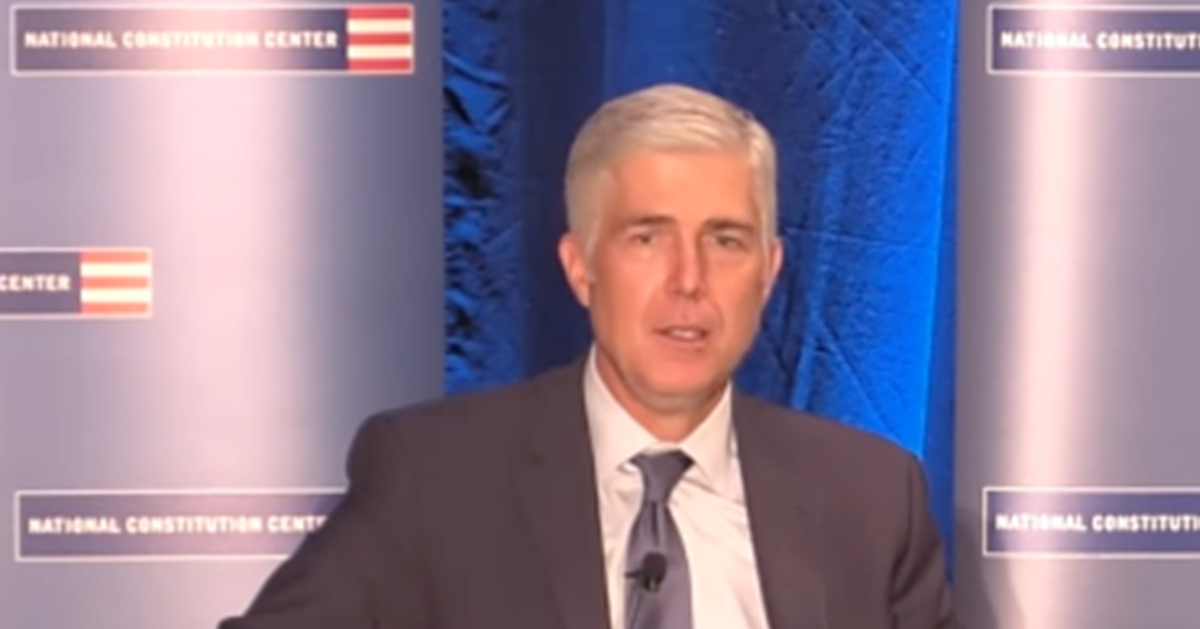Retiring Congresswoman Urges Democrats to Step Aside, Slams "Gerontocracy" in U.S. Politics
Democratic Congresswoman Annie Kuster, 68, who recently announced her retirement, is calling for older members of the party to step down and make way for younger leadership, citing concerns over the aging of U.S. politicians.
Since 2013, Kuster has represented New Hampshire's 2nd district and voiced strong concerns about elderly politicians clinging to power. She criticized Republican Congresswoman Kay Granger for collecting her salary despite prolonged absences and reflected on President Biden’s aging and the Democratic Party’s focus on seniority, Mail Online reported.
In March 2024, Kuster announced her retirement after over a decade in Congress, emphasizing the need for a new generation of leadership in Washington. “I’m trying to set a better example,” she said, noting that while some older colleagues remain productive, others “just stay forever.”
Her remarks followed controversy over 81-year-old Congresswoman Kay Granger, who spent six months in a care home while still collecting her $174,000 salary. Kuster criticized the "gerontocracy" in U.S. politics, arguing that the seniority system often blocks younger, more dynamic voices from rising to leadership.
The Struggle for Leadership Change in the Democratic Party
Kuster reflected on leadership challenges in the U.S., recalling a March 2024 flight on Air Force One with President Biden. She observed his aging, noting his soft-spoken demeanor and the toll it had taken on him.
While Biden’s campaign staff downplayed concerns about his physical decline, Kuster worried about his ability to run for another term.
In a later Zoom call, moderate Democrats questioned Biden’s fitness to lead, which Kuster described as “painful” and reminiscent of conversations about aging with her own parents.
Despite White House efforts to manage his public image through vocal coaching and limited appearances, doubts about Biden’s capacity to serve another term persisted.
Frustrations Over Party Leadership Decisions
Kuster was not alone in her frustration with the Democratic Party’s leadership. In Congress, Speaker Emerita Nancy Pelosi, 84, supported passing over 35-year-old Alexandria Ocasio-Cortez for a key leadership position in favor of 74-year-old Gerry Connolly.
Jen Psaki, former White House Press Secretary, expressed disappointment in the choice, arguing that Democrats missed an opportunity to apply the lessons from the November election. “Instead, Democrats passed over one of the youngest, most media-savvy members of Congress for a key public leadership role,” Psaki said.
These frustrations were echoed by Democratic strategist Dean Phillips, a 55-year-old retiring congressman from Minnesota.
Phillips criticized the Democratic Party for maintaining a system that keeps younger leaders from advancing, saying, “It is time to elevate the best and brightest. We have literally kept them from ascending to leadership positions, which means they go elsewhere.”
Generational Shifts and the Future of U.S. Politics
Questions about President Biden’s fitness for office have intensified the Democratic Party’s conversation on generational change. As Biden eyes re-election, the party must balance experience with fresh perspectives. Kuster’s retirement highlights the need to elevate younger, more diverse voices, as the dominance of older leaders may hinder the party’s ability to adapt to the nation’s evolving needs.
Kuster’s decision to retire marks a turning point in the debate over age and leadership. “Congress, by being so focused on seniority, tends to cater to a much older population,” she said. Her comments resonate with many Democrats who feel the party must embrace younger leadership to stay competitive in the rapidly changing political landscape.
Kuster’s call for younger leadership reflects a growing desire for change amid generational debates. As the 2024 election approaches, both parties must, therefore, balance experienced politicians with the need for new leadership. In addition, Kuster’s retirement signals broader shifts in U.S. politics.
The Road Ahead for Younger Leaders in Congress
As the Democratic Party navigates generational challenges, Kuster’s reflections highlight the ongoing struggle to find new leaders who connect with the public, while older figures resist stepping aside. Therefore, how the party adapts to these pressures and integrates younger voices into leadership remains to be seen.
Moreover, Kuster’s retirement and her call for change underscore the pressing need for the political system to evolve and address the demands of a younger, more diverse electorate.
Ultimately, the future of U.S. politics may hinge on how effectively older and younger generations collaborate to lead the nation forward.



